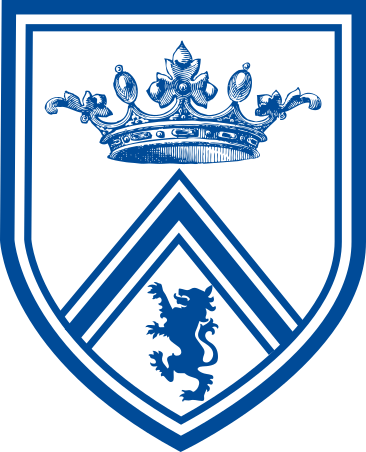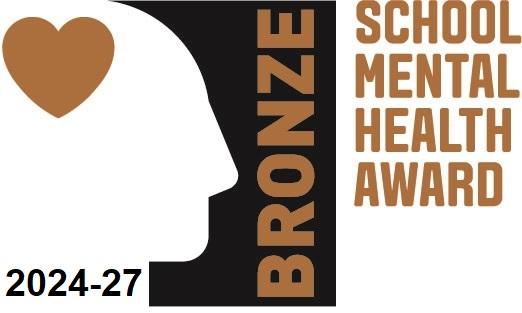BUSINESS
Please click on the links below:
What is Business about?
Business activity affects the daily lives of all who work, spend, save, invest and travel. Business studies is a broad subject which allows an in-depth study of a range of specialities such as management, marketing, operational performance, finance, human resources and the strategic position of a business. It provides students with opportunities to develop entrepreneurial spirit and deep knowledge of academic theory.
It is the aim of the Business & Economics Department to provide an engaging, dynamic and relevant curriculum that provides all of our students with the effective knowledge and skills to navigate and participate in the commercial and economic world they find themselves in.
We aspire for our students to, not only enjoy their study of these subjects, but to understand the role that they may play in the commercial world as a citizen, consumer, entrepreneur, employer or employee.
This understanding should provide our students with the ability, independence and confidence to make critical assessments of dynamic scenarios in both business and the economy.
We are also committed towards developing in our students the necessary communication, literacy and critical data analysis skills that enable strongly supported, effective decision making in these subject areas.
Students should appreciate that ‘effective’ decision making means that self-interest and profit are not the only objectives to consider.
What do we teach in Business and why?
- business activity, enterprise and entrepreneurship, dynamic nature of business.
- external influences on business.
- business operations.
- human resources.
- marketing.
- finance.
Business Studies enables students to understand more about the business world. It enables students to develop as commercially minded and enterprising individuals who think critically, drawing on business information and evidence to develop arguments and make justified decisions. Business Studies motivates and challenges students, and prepares them to make informed decisions about further study and career pathways.
What does the Business enable our students to do?
Students will:
- know and understand business concepts, business terminology, business objectives, the integrated nature of business activity and the impact of business on individuals and wider society
- apply knowledge and understanding to contemporary business issues and to different types and sizes of businesses in local, national and global contexts
- develop as enterprising individuals with the ability to think commercially and creatively to demonstrate business acumen, and draw on evidence to make informed business decisions and solve business problems
- develop as effective and independent students, and as critical and reflective thinkers with enquiring minds
- use an enquiring, critical approach to make informed judgements
- investigate and analyse real business opportunities and issues to construct well-argued, well-evidenced, balanced and structured arguments, demonstrating their depth and breadth of understanding of business
- develop and apply quantitative skills relevant to business, including using and interpreting data
How is the curriculum structured in Business?
GCSE Business is offered at KS4. Students are taught 3 lessons per week over 2 years. Total learning hours approx. 120.
AS & A level Business is offered at KS5. Students are taught 5 lessons per week or 10 per fortnight, often shared between 2 specialist teachers.
What specifications do we follow?
GCSE: AQA 8132
A-LEVEL: AQA 7132
What are the links between Business and other subjects?
In Business, students have many opportunities to develop literacy as in reading source materials and responding in longer answers.
- Numeracy is an important part of Business. Students learn how to calculate:
- percentages and percentage changes
- averages
- revenue, costs and profit
- gross profit margin and net profit margin ratios
- average rate of return
- cash-flow forecasts, including total costs, total revenue and net cash flow
In addition they are taught how to use and interpret:
- information from graphs and charts
- profitability ratios (gross profit margin and net profit margin) financial data, including profit and loss, average rate of return and cash-flow forecasts
- marketing data, including market research data
- market data, including market share, changes in costs and changes in prices
What are the future careers students can take when they study Business?
A qualification in business can lead to a career in many industries, such as chemical, utilities, fashion, health, grocery and construction. These sectors require functional managers with a clear understanding of systems, efficiency and operational issues. Careers in management roles exist with employers in the private, public and voluntary sectors.
What extra-curricular activities can students take part when you study Business?
Classroom study is supported by occasional trips and visits such as to the Bank of England and Cadbury’s World.








